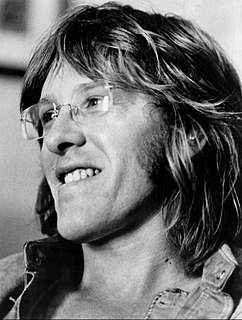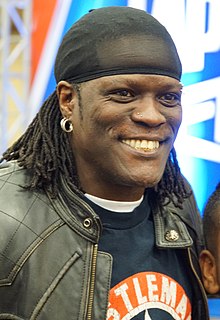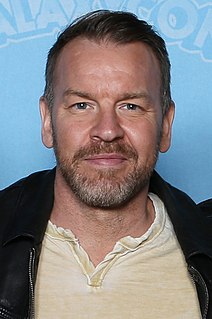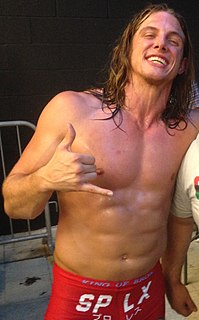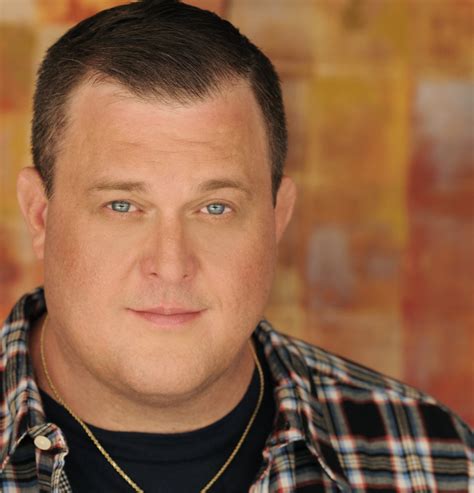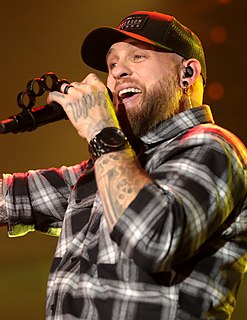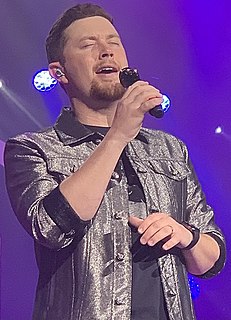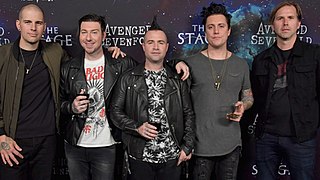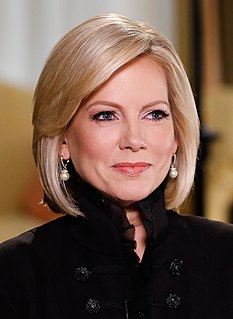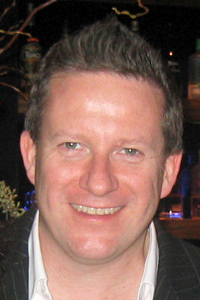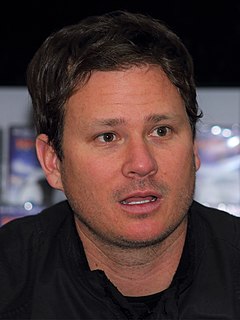A Quote by Paul Kantner
One of the main things we learned as a band in those days was not to be the headliner.
Related Quotes
When you start doing comedy, you think to yourself, "I want to be a headliner." And you become a headliner, and you're like, "Oh wait, this isn't what I meant. I meant I want to be a headliner that's famous enough that people come see me specifically." And that's a huge leap, because most of the time most of the audience is there to see comedy in general. They're not there to see you.
I think the Internet really sussed things into perspective. Because twelve years ago, I could spend my days on writing and running my band and touring and making posters and practicing with my band and working on my vocals, but I didn't spend a large pie chart of my time sifting through criticism as well, and nowadays I do, and all female artists do, because to be able to promote your work, you need to live in those spaces.
We are a band that stylistically crosses a lot of barriers and generational gaps. The heavier portion of the band, the modern music elements, the visual part of the band appeal to a younger audience. For an older audience, we have chops and great songs that are reminiscent of the things that were great about rock and roll when they enjoyed it. We're the kind of band that can cross those lines.
You know, if a band on a label sold a few hundred thousand copies of their record these days, they wouldn't make any money. But if a band can pump out 10 million copies of a record for free, and 50,000 of those fans come to the band's website to watch pay-per-view videos or buy a t-shirt, that's roughly $10 million in revenue per year.
